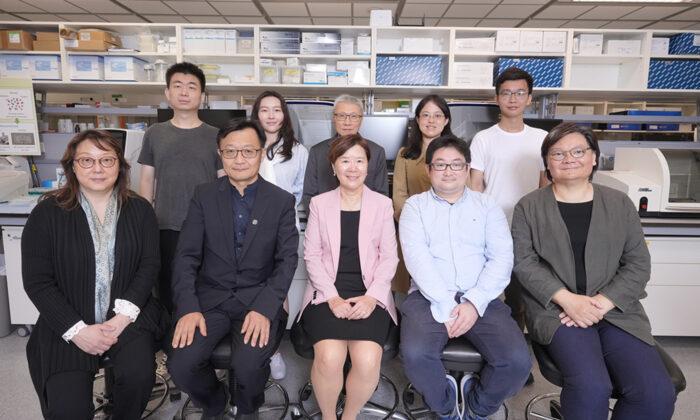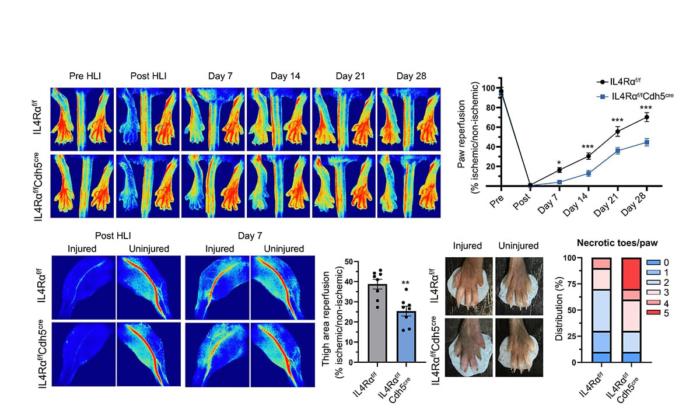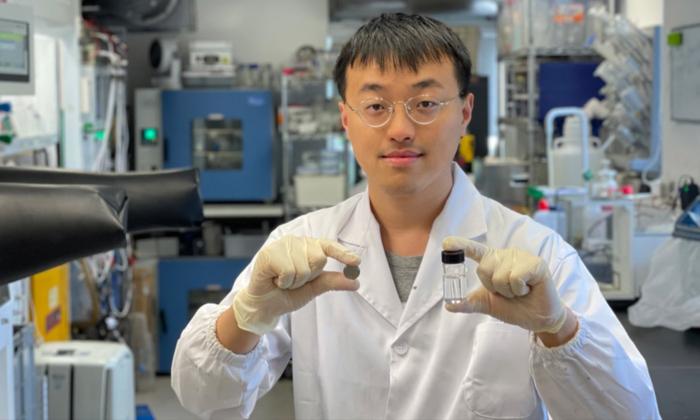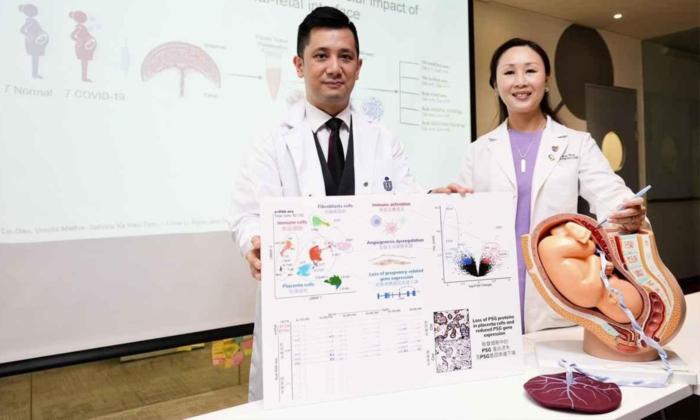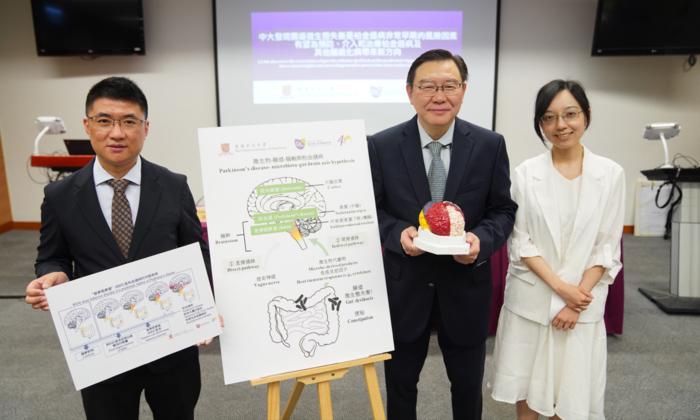The Hong Kong University of Science and Technology (HKUST) research team has developed an artificial intelligence (AI) model that can use genetic information to predict the risk of Alzheimer’s disease before symptoms appear.
At present, the clinical diagnosis of Alzheimer’s disease is mainly based on doctor’s judgment, cognitive ability scale test and brain scan, but it is usually carried out when the patient has shown apparent symptoms, thus missing the best time for intervention. In addition, the U.S. Food and Drug Administration (FDA) has approved the use of mutations in the APOE-ε4 gene as a method for assessing the risk of Alzheimer’s disease.
But as Alzheimer’s disease is caused by multiple risk genetic loci, testing one risk gene alone may not be sufficient to identify high-risk individuals.
An international research team led by Prof. Nancy Ip Yuk-yu, President of HKUST, and Prof. Chen Lei, Director of HKUST Big Data Institute, established the first batch of deep learning models to assess the polygenic risk of Alzheimer’s disease in European and Chinese populations.
The study combined a novel deep learning model with genetic testing to estimate a person’s lifetime risk of Alzheimer’s disease with more than 70 percent accuracy.
Prof. Ip said that this study proves the effectiveness of deep learning methods in genetic research and risk prediction of Alzheimer’s disease, which will help speed up large-scale risk screening and risk classification of Alzheimer’s disease and provides a new research pathway for the pathogenesis and exacerbation mechanism of it.
Prof. Chen said that through detail AI data analysis, the team divided at-risk individuals into various subgroups and deciphered the underlying disease mechanism.
The research was carried out by HKUST in collaboration with researchers from Shenzhen Institute of Advanced Technology of the Chinese Academy of Sciences, University College London, and physicians from Prince of Wales Hospital, and Queen Elizabeth Hospital in Hong Kong.
